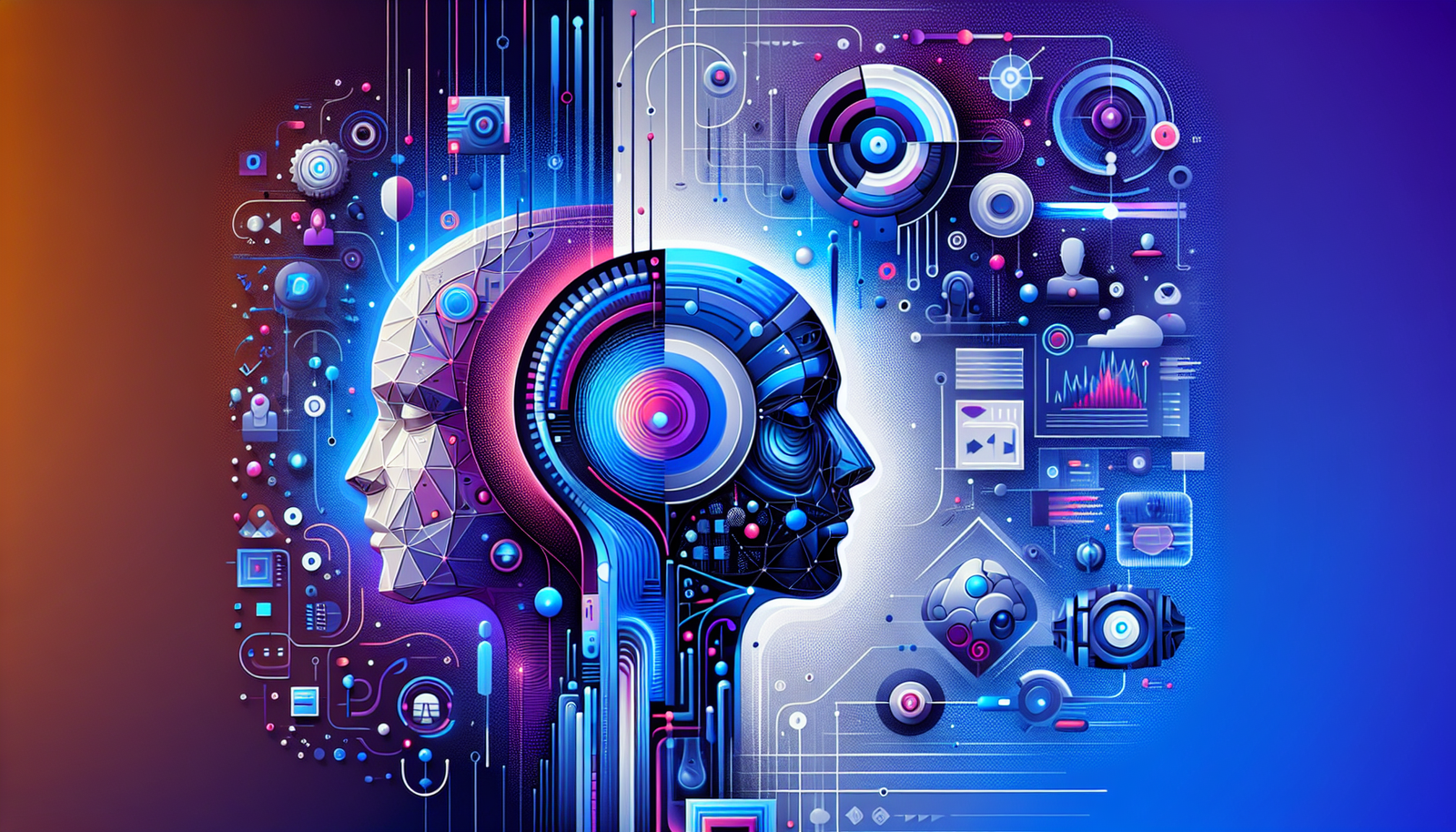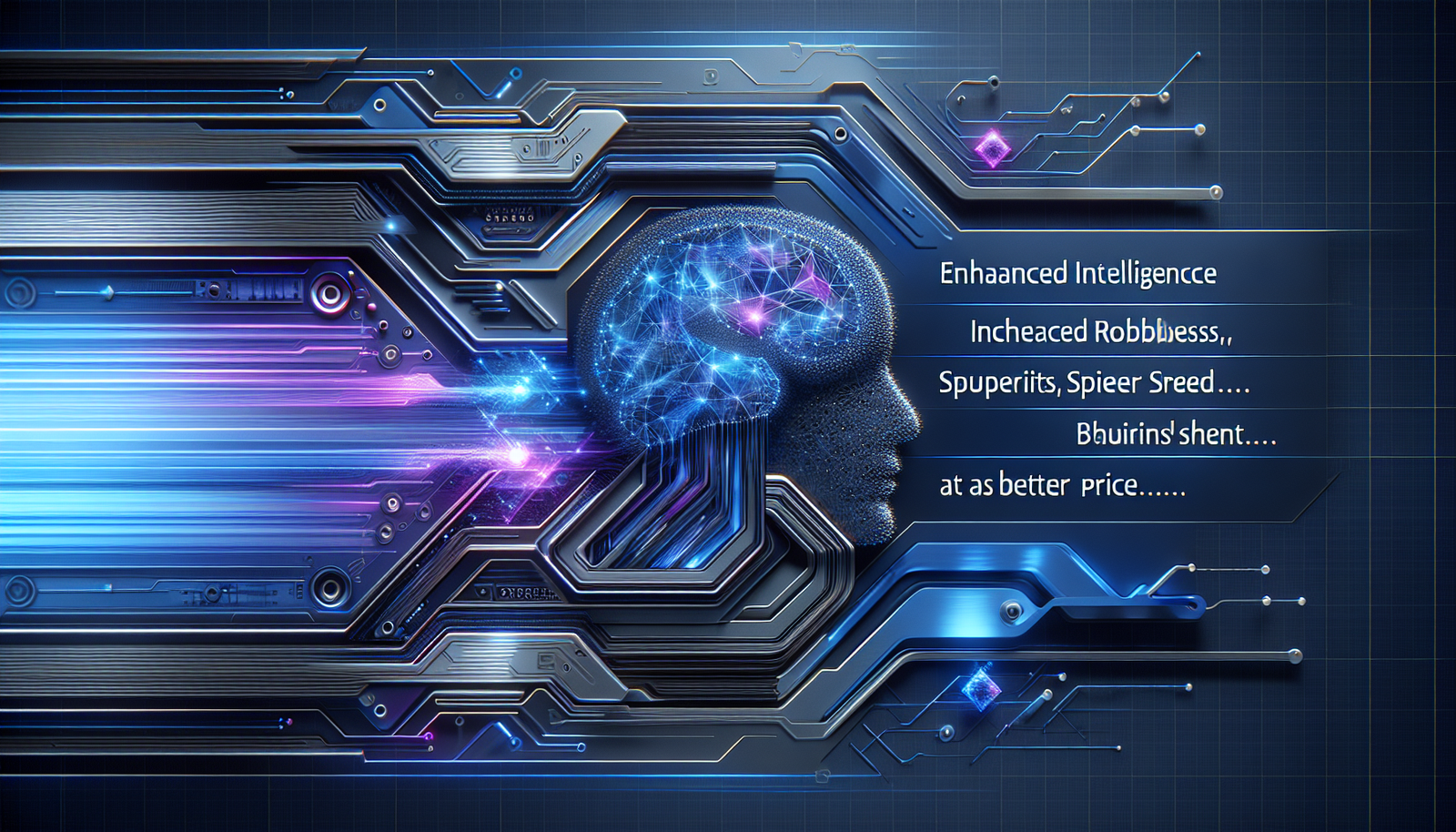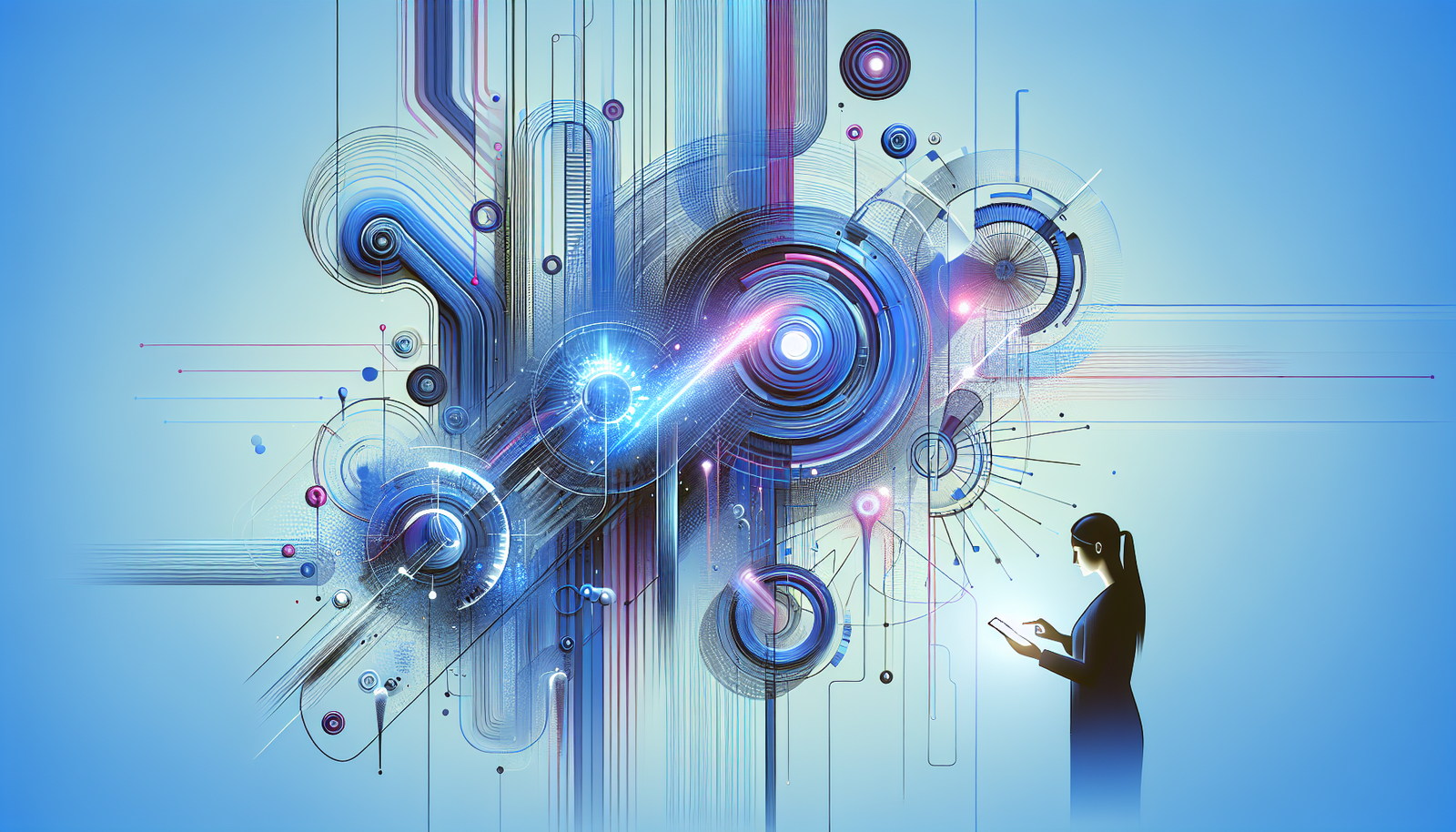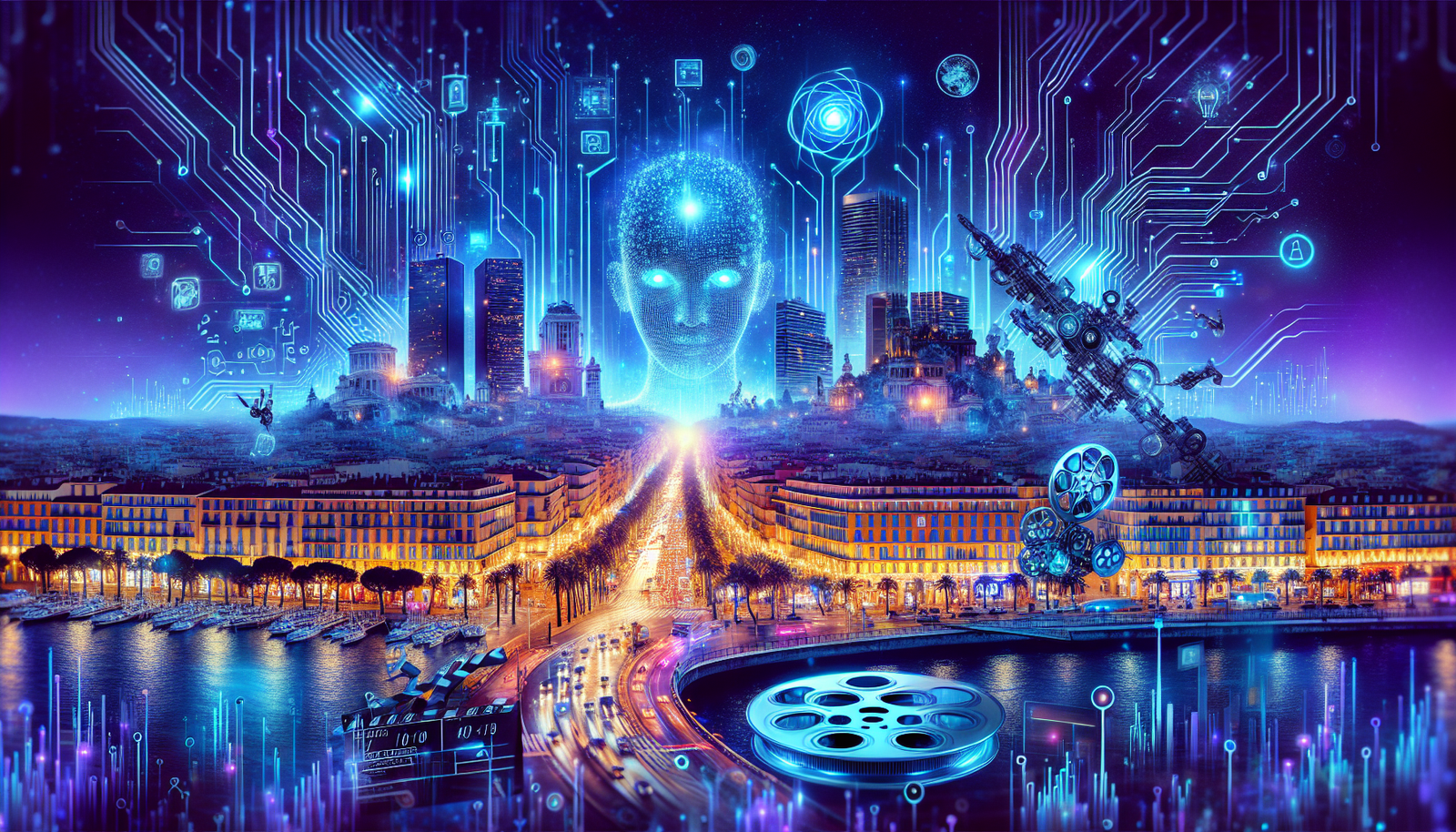The personality conferred to AI transforms our relationship with technology. Psychological and societal risks emerge, shaping our perception of humanity. Each interaction with a conversational robot alters our understanding of what is acceptable. Succumbing to the amiability of these machines carries unforeseen dangers, questioning the boundary between the human and the simulacrum. The governance of this evolution faces ethical dilemmas, revealing the complexity of integrating AI into our daily lives.
The personality of artificial intelligences: a paradoxical phenomenon
Current conversational robots, such as ChatGPT and Gemini, hardly exhibit the fancifulness of Hollywood characters like R2-D2 or C-3PO. Their communication adheres to conventional norms, favored by meticulous refining processes orchestrated by researchers. The latter act somewhat like psychologists, shaping artificial intelligences to be both helpful and enjoyable to use.
This development raises questions regarding the attribution of a “personality” to these systems. Some companies, notably Anthropic with its AI Claude, claim that their creation possesses a true personality. Such a statement, while alluring, raises questions about the ethical implications of this perception.
The psychological stakes of human interaction with AI
One of the major stakes lies in our innate tendency to establish human connections, even with inanimate objects. Research in computer science from the 60s to the 80s revealed that many users attributed human traits to their devices. User interfaces, particularly those of Mac computers, particularly benefited from adopting visual metaphors. This approach fosters an emotional interaction that can easily become problematic.
The consequences on social norms
Attributing a personality to AIs could lead to subtle changes in our perception of social norms. Personalized communication sometimes generates a feeling of affection towards a machine, which can alter our assessment of what is socially acceptable. This phenomenon could change the very nature of human interactions, questioning the boundaries between humanity and technology.
Epistemological consequences
Moreover, the rise of these artificial intelligences, capable of interacting in increasingly human-like ways, questions our understanding of interpersonal relationships. What are the epistemological implications when these technologies become more refined? If AI can display behaviors that we often associate with human lithology, can it truly claim to have an empathetic understanding of our emotions?
Risks associated with the use of AI
The main risk we face lies in the confusion between the authenticity of human interaction and that provided by AI. AI users must be aware of this dichotomy to preserve the nature of their human interactions. An excessive dependence on these technologies could also lead to a depletion of human relationships. The danger of adopting submissive behaviors towards a machine remains a legitimate concern.
Future perspectives and ethics
Future technological advancements are both promising and concerning. The development of AI like Microsoft’s, equipped with deep reasoning for research and analysis, intensifies these concerns. Discussions around the ethics of attributing a personality to AIs must become a priority in public debate to chart a path toward a technological future respectful of our human values.
Broad questions also arise about the impact of these technologies in sensitive areas such as digital grieving. The need for clear regulations becomes crucial to govern these innovations and ensure responsible usage.
Frequently asked questions about attributing personality to AI: the stakes and risks
What does it mean to attribute a personality to an artificial intelligence?
Attributing a personality to an AI refers to the tendency of users to perceive these systems as having character traits, emotions, or human behavior, often due to their ability to interact in a friendly and engaging manner.
What are the main issues related to attributing a personality to AI?
The main issues include changing user expectations, the possibility of excessive dependence on these systems, and the impact on human relationships, as well as the need for ethical assurances regarding how these AIs interact with users.
How can attributing a personality to AI influence user behavior?
This attribution can lead users to treat AIs with more trust and anthropomorphism, which may alter their behavior, create dependence, or distort their perception of reality in terms of social interactions.
What ethical risks are associated with an AI perceived as having a personality?
Ethical risks include questions of autonomy for users, a possible desensitization to real human interactions, as well as concerns regarding the potential emotional manipulation of users by conversational interfaces.
How can developers manage perceptions of personality in their AI systems?
Developers should adopt a responsible approach, ensuring that AIs are designed to inform users that they do not possess consciousness or emotions, while maintaining a balance between friendliness and transparency.
How is the personality of an AI measured according to users?
There is no standardized measure, but studies show that many users attribute personalities to AIs based on how they interact, their ability to understand context, and their style of communication.
How could attributing a personality to AI impact our societal behavior?
It could lead to changes in our social dynamics, notably a reduction in direct human interactions, an increase in loneliness, or even an increased reliance on technology for personal interactions.
What are the psychological impacts of interacting with personalized AIs?
The psychological impacts may include a feeling of connection or attachment to the AI, as well as possible confusion regarding the boundary between human and machine, which could affect users’ social relationships.






